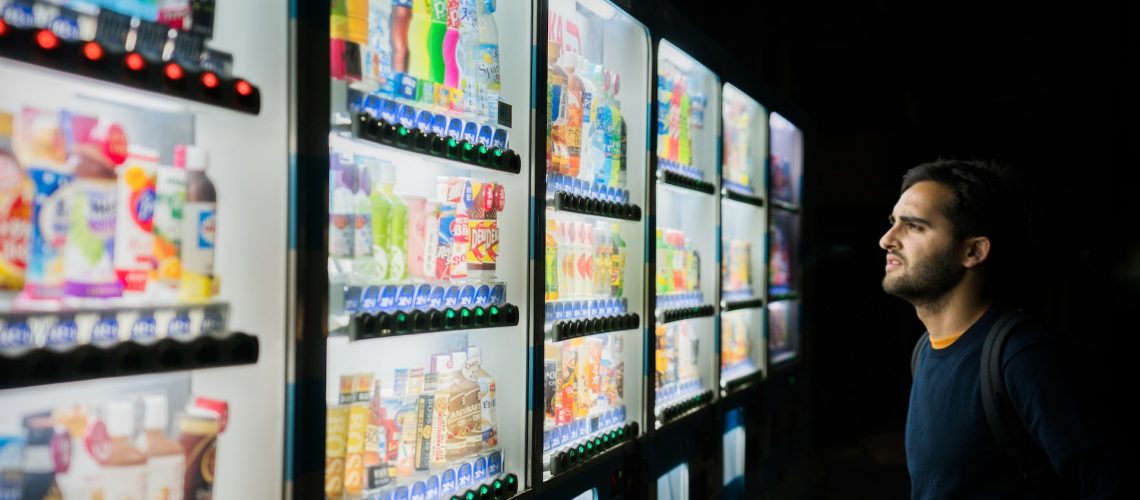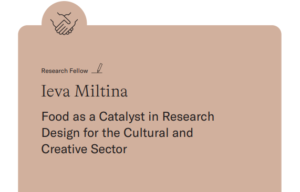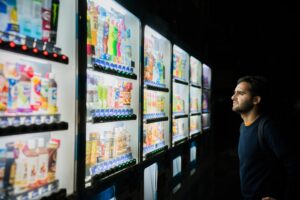Food serves as more than just a subject; it acts as a catalyst for addressing intricate challenges in contemporary society. Initiatives targeting environmental sustainability, social inequalities, and the future of food have already commenced to confront these issues. The profound meanings and habits linked to food lie at the core of our being, offering a potential solution to various problems. In “Relatable, Creative and Barrier-breaking: the Power of Food in Facilitating Activities for Social Impact,”(see here) food’s versatility emerges as it becomes a pathway to raise awareness about pressing societal matters, relating to all 17 of the UN’s sustainability goals. Through education, workshops, and interactive experiences, individuals and communities can improve their sustainability while also tackling climate change caused by the food system’s impact on land use, freshwater resources, and ecosystems.
In Europe, facilitators commonly pursue the objective of promoting healthier and sustainable habits through food-related methods. This includes gamified educational activities, guided cooking and gardening workshops, reducing food waste initiatives, and fostering shared tables for sustainable eating habits. Two case studies demonstrate how these approaches manifest in real-life examples. By harnessing the potential of food, we can take significant strides towards resolving multifaceted challenges and creating a more sustainable future for all.To explain how those look in life, here are two case studies with existing examples.
Case study of SAPERE methodology – teaching sustainability to children through food education
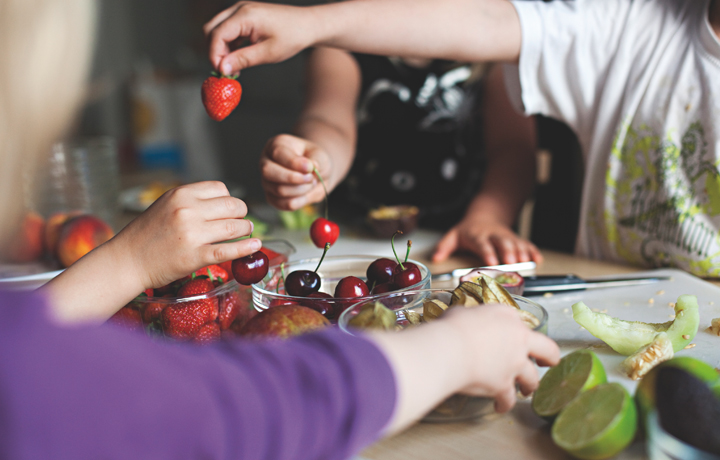
SAPERE is a methodology most often presented in schools, and it fosters children’s sensory awareness by engaging their curiosity and interest through hands-on exercises centered around the five senses. Through practical experiences related to dining, health, and diets, children are introduced to the pleasures of food while also addressing pertinent issues of the society. The SAPERE method empowers each child to understand themselves better, articulate sensations, and cultivate analytical and critical thinking skills, free from the pressures of grades or societal norms. But even more so – participating in sensory education aligns with the principles of sustainable development. It equips young individuals to break free from various dependencies and cultivates an understanding of food waste, encouraging appreciation for both local and international food cultures while embracing and respecting differences.
Case study of Healthy Planet Game – food as a topic for activities with sustainability in mind
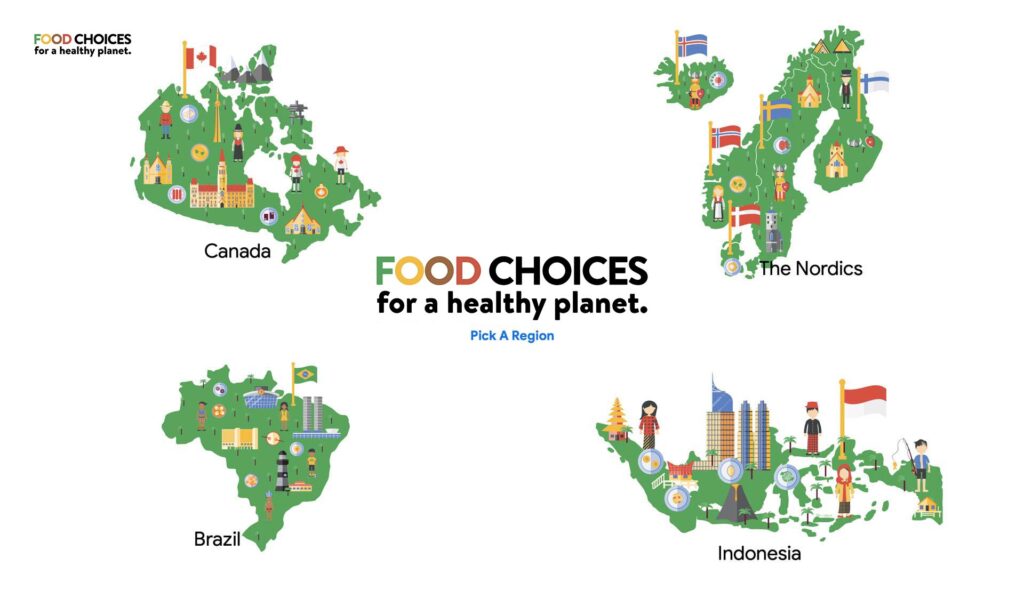
The Food Choices for a Healthy Planet game was created by the Nordic Food Policy Lab and offers a playful approach to address the crucial matter of sustainable food. By combining gamification with solid evidence, the game demonstrates how simple adjustments in our choices can lead to better outcomes. It goes beyond traditional methods of communicating dietary guidelines, making conversations about sustainable and healthy diets relevant and adaptable to various realities. This interactive game, supported by Food at Google, enlightens players about the impact of their food choices on their health, the national healthcare system, the environment, climate change, and culture. Developed by a diverse group of change-makers worldwide, it incorporates varied approaches to dietary guidelines and sustainable healthy diets derived from different food culture contexts.
–
Photo by Victoriano Izquierdo on Unsplash

